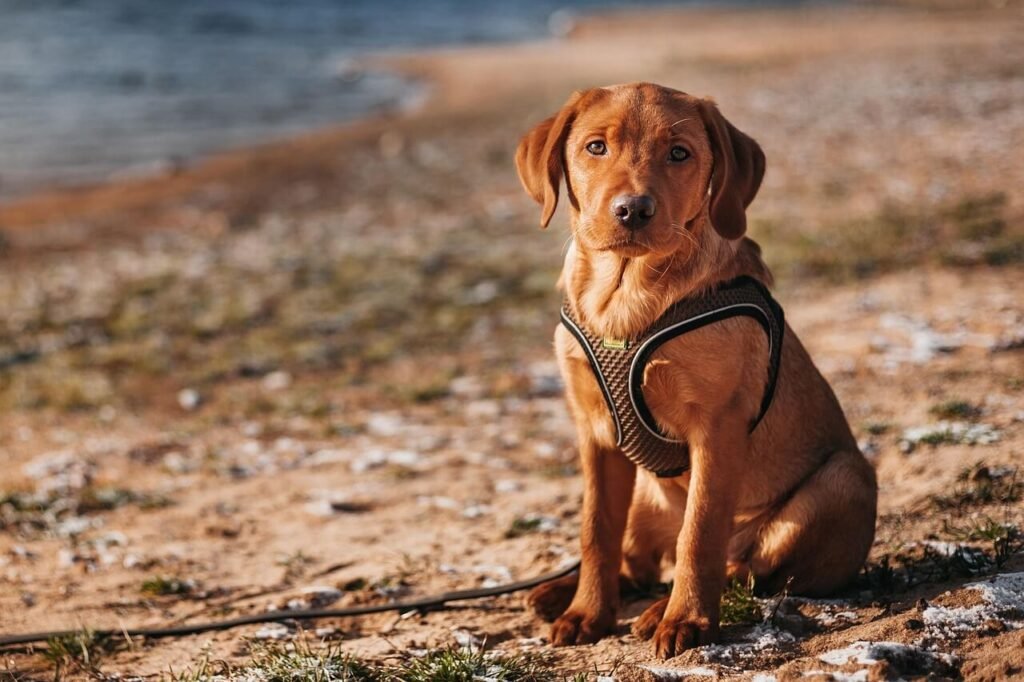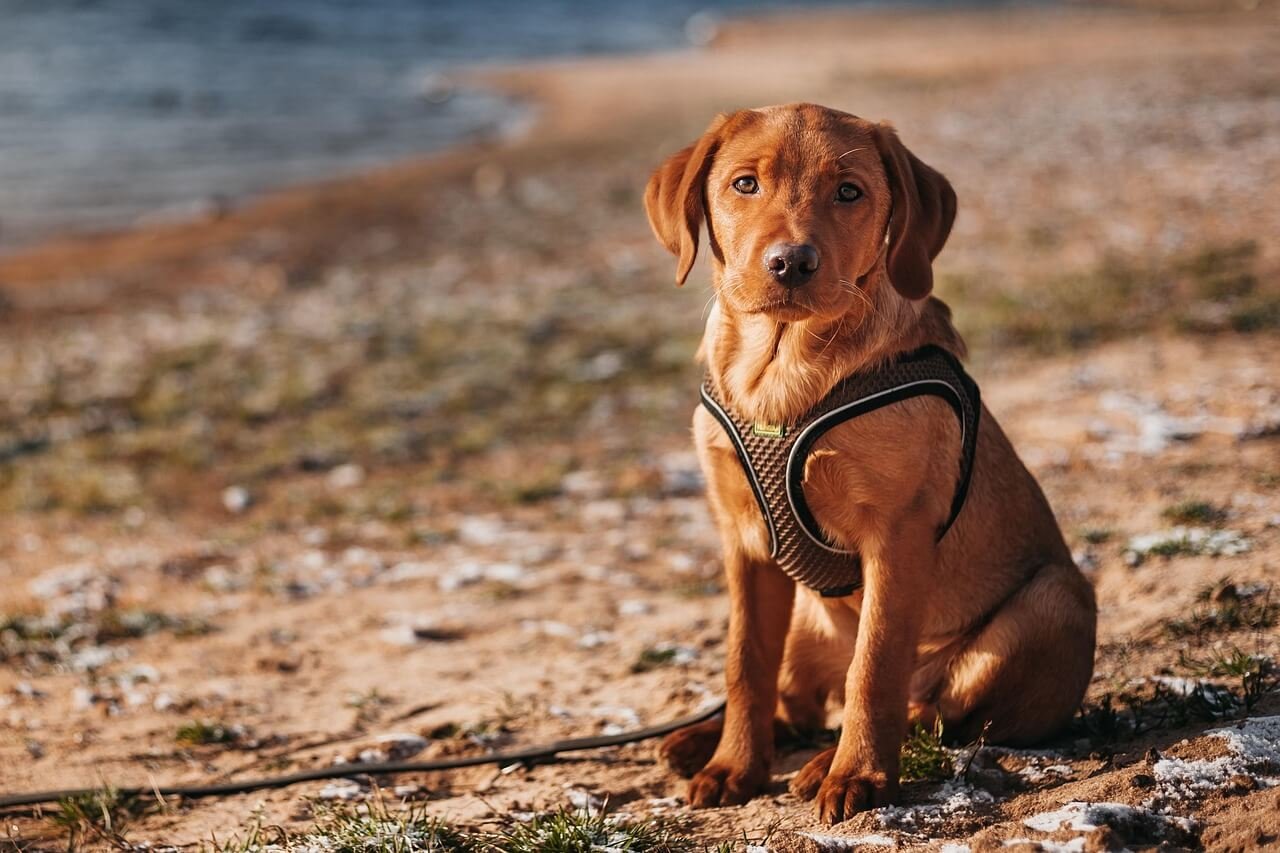What Happens if Your Dog Ate Paper Towel?
Dogs are notorious for their curious and sometimes mischievous behavior, which can lead to unexpected mishaps. One common concern among pet owners is discovering that their dog has eaten paper towel. While it may seem harmless at first glance, ingesting non-food items like paper towels can pose risks depending on the quantity consumed and your dog’s size or health condition. Understanding what happens when your dog eats paper towel, how to respond, and how to prevent future incidents is essential for ensuring your furry friend’s well-being. Let’s explore this topic in detail to help you navigate this situation with confidence and care.
Potential Risks of Dogs Eating Paper Towel
While paper towels are not toxic, they can still cause problems for your dog depending on the amount ingested and other factors. Here are some potential risks associated with this behavior.
Digestive Blockage:
Large amounts of paper towel can clump together in your dog’s stomach or intestines, leading to a blockage that may require medical intervention.Upset Stomach:
Ingesting paper towel can irritate your dog’s digestive system, resulting in symptoms like vomiting, diarrhea, or loss of appetite.Choking Hazard:
If your dog tries to swallow large pieces of paper towel quickly, it could become lodged in their throat, posing a choking risk.Dehydration from Vomiting or Diarrhea:
Gastrointestinal upset caused by eating paper towel may lead to dehydration, especially in small or young dogs.Underlying Behavioral Issues:
Frequent ingestion of non-food items, including paper towels, could indicate pica—a compulsive eating disorder that requires attention.
Understanding these risks highlights the importance of monitoring your dog’s behavior and acting promptly if they consume something unusual.

Signs Your Dog May Be in Trouble After Eating Paper Towel
If your dog ate paper towel, it’s crucial to watch for signs that indicate they may be experiencing discomfort or complications. These symptoms can help you determine whether veterinary care is necessary.
Vomiting Repeatedly:
Persistent vomiting suggests that your dog’s stomach is struggling to process the ingested material.Lethargy or Weakness:
A lack of energy or enthusiasm may signal an underlying issue, such as dehydration or internal blockage.Loss of Appetite:
Refusal to eat meals could indicate nausea or pain caused by the paper towel in their system.Straining During Bowel Movements:
Difficulty passing stool might mean the paper towel is causing a partial or full obstruction.Abdominal Swelling or Pain:
If your dog’s belly appears bloated or feels tender to the touch, seek immediate veterinary assistance.
Recognizing these warning signs early allows you to address potential problems before they escalate into serious health concerns.
Check this guide 👉My Dog Ate My Antibiotics: Best 7 Expert Tips!
Check this guide 👉What Happens If Your Dog Ate a Cherry Seed? Best 7 Tips!
Check this guide 👉Dog Ate Vitamin D Pill: Best 7 Expert Tips!
Symptoms to Watch For | Possible Causes |
|---|---|
Repeated vomiting | Irritation from ingested paper towel |
Lethargy or weakness | Dehydration or internal blockage |
Loss of appetite | Nausea or gastrointestinal discomfort |
Straining during bowel movements | Partial or complete intestinal blockage |
Abdominal swelling or pain | Accumulation of undigested material |
Steps to Take If Your Dog Ate Paper Towel
Discovering that your dog has eaten paper towel can be alarming, but staying calm and taking appropriate action is key. Follow these steps to ensure your dog’s safety.
Assess the Situation:
Determine how much paper towel your dog consumed and observe their behavior for any immediate signs of distress.Contact Your Veterinarian:
Call your vet for advice, even if your dog seems fine. They can provide guidance based on your dog’s size, breed, and health history.Monitor Their Behavior Closely:
Keep an eye on your dog for symptoms like vomiting, lethargy, or changes in bowel movements over the next 24-48 hours.Encourage Hydration:
Offer fresh water frequently to prevent dehydration, especially if your dog experiences vomiting or diarrhea.Avoid Home Remedies Without Guidance:
Do not attempt to induce vomiting or administer medications unless instructed by a veterinarian.
By following these steps, you can respond effectively and minimize the risk of complications.
How to Prevent Your Dog from Eating Paper Towels
Prevention is always better than dealing with the aftermath of your dog eating something inappropriate. These strategies can help curb this unwanted behavior.
Store Paper Towels Securely:
Keep paper towels out of reach, either in closed cabinets or high shelves where your dog cannot access them.Provide Chew Toys and Alternatives:
Offer safe, durable chew toys to satisfy your dog’s urge to gnaw and explore textures.Supervise Playtime and Free Roaming:
Monitor your dog closely, especially if they have a history of chewing or eating non-food items.Train Basic Commands:
Teach commands like “leave it” or “drop it” to discourage your dog from picking up harmful objects.Address Boredom or Anxiety:
Ensure your dog receives adequate mental and physical stimulation to reduce the likelihood of destructive behaviors.
Implementing these preventive measures creates a safer environment for your dog and peace of mind for you.
Common Reasons Dogs Eat Non-Food Items
Understanding why dogs eat non-food items like paper towels can shed light on how to prevent this behavior. Several factors contribute to this habit, often rooted in environmental or psychological triggers.
Boredom or Lack of Stimulation:
Dogs without enough physical or mental activity may turn to chewing random objects for entertainment.Teething in Puppies:
Young dogs often chew on anything they can find to relieve sore gums during teething.Nutritional Deficiencies:
An imbalanced diet lacking essential nutrients may drive dogs to seek alternatives elsewhere.Separation Anxiety:
Dogs left alone for extended periods may develop destructive habits as a coping mechanism.Exploratory Behavior:
Curiosity drives many dogs to investigate their surroundings by putting things in their mouths.
Addressing these root causes helps reduce the likelihood of your dog eating inappropriate items.
Safe Alternatives to Satisfy Chewing Needs
Redirecting your dog’s chewing instincts toward safer options ensures they stay entertained without risking their health. Here are some excellent alternatives.
Durable Chew Toys:
Rubber or nylon toys designed for aggressive chewers provide hours of safe fun.Edible Dental Chews:
Treats specifically formulated for dental health clean teeth while satisfying chewing urges.Interactive Puzzle Toys:
Toys that dispense treats engage your dog mentally and physically, reducing boredom-related chewing.Frozen Treats:
Freeze peanut butter or yogurt inside a Kong toy to create a refreshing and engaging snack.Rawhide-Free Options:
Opt for natural chews made from ingredients like sweet potato or chicken instead of rawhide.
Offering these alternatives keeps your dog occupied and minimizes the temptation to chew on household items.
When to Seek Immediate Veterinary Attention
Some situations involving your dog eating paper towel warrant urgent care to avoid life-threatening complications. Knowing when to act quickly is critical for your dog’s well-being.
Difficulty Breathing:
Labored breathing or coughing indicates a possible choking hazard requiring emergency treatment.Severe Vomiting or Diarrhea:
Continuous vomiting or bloody stools demand immediate veterinary evaluation.Significant Abdominal Distension:
A visibly swollen abdomen suggests a serious blockage or gas buildup needing prompt attention.Collapse or Unresponsiveness:
Sudden weakness or unconsciousness signals a critical condition that requires emergency care.Ingestion of Chemical-Soaked Paper Towels:
If the paper towel contains cleaning agents or toxins, contact poison control or your vet right away.
Acting swiftly in these scenarios can save your dog’s life and prevent further complications.
Frequently Asked Questions About Dogs Eating Paper Towels
Is it dangerous if my dog ate a small piece of paper towel?
Small amounts are usually harmless, but monitor your dog for signs of digestive upset or blockage.
How long does it take for a paper towel to pass through a dog’s system?
It typically takes 12–24 hours for a paper towel to pass, but this can vary depending on the amount consumed.
Should I induce vomiting if my dog ate paper towel?
Only induce vomiting if instructed by a veterinarian, as it may cause further complications.
Can eating paper towels cause dehydration?
Yes, dry paper towels can absorb moisture, potentially leading to dehydration.
What should I do if my dog eats paper towels regularly?
Consult your vet to rule out underlying medical conditions and address behavioral causes.
Staying Proactive About Your Dog’s Health
While finding out that your dog ate paper towel can be unsettling, understanding the potential risks and knowing how to respond makes all the difference. By recognizing symptoms, seeking veterinary care when needed, and implementing preventive measures, you can protect your dog from harm while fostering a safe and happy home environment. Remember, curiosity is natural for dogs, but with proper supervision and training, you can redirect their focus toward healthier habits. Stay vigilant, and don’t hesitate to consult your veterinarian whenever you’re unsure—your dog’s health and happiness depend on it.
Cat Anaphylactic Shock Treatment Costs: Best 7 Expert Tips! – Learn about costs, treatments, and financial aid options to save your cat’s life.
Exocrine Pancreatic Insufficiency in Cats: Best 7 Tips! – Learn to spot symptoms, manage EPI effectively, and improve your cat’s quality of life with expert advice.
Cost of Dog Anaphylactic Shock Treatment: Best 7 Tips! – Learn about emergency costs, financial planning, and ways to manage expenses for your dog’s care.
Exocrine Pancreatic Insufficiency in Dogs: Best 7 Tips! – Learn to spot symptoms, manage EPI effectively, and improve your dog’s quality of life with expert guidance.





